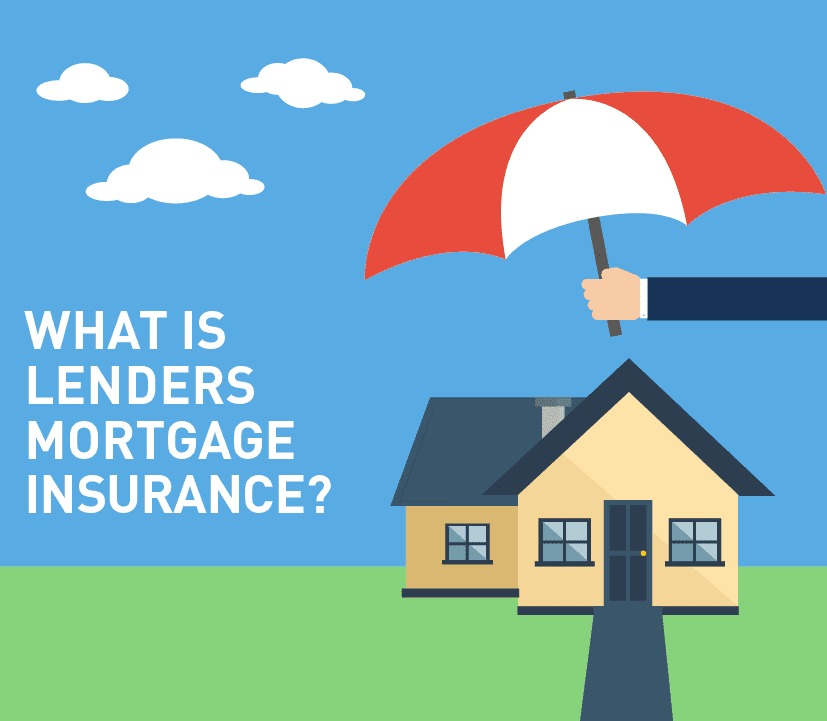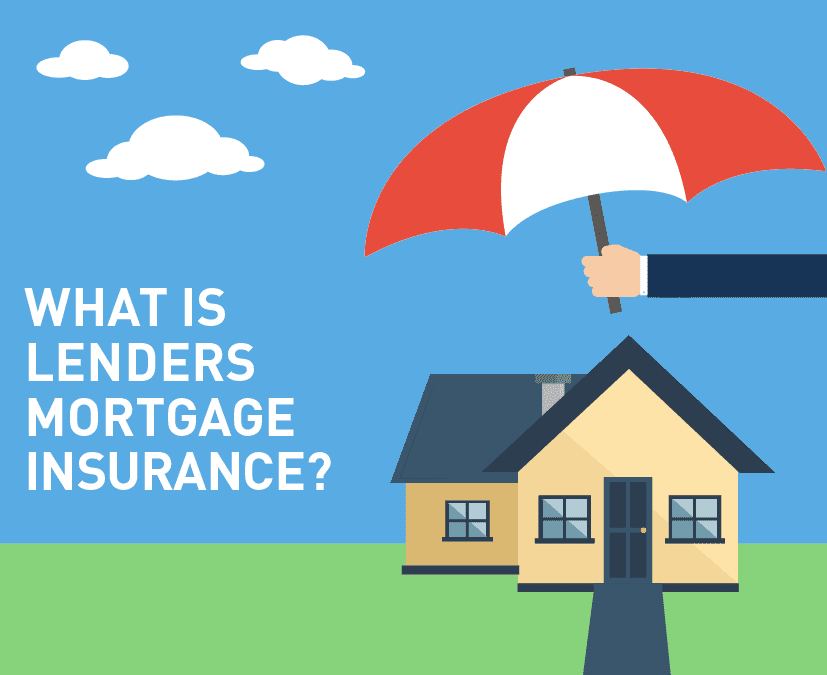 If you are finding it difficult to save up a 20% home loan deposit, you may still be able to borrow from a lender to buy a home – However, you may have to pay Lenders Mortgage Insurance.
If you are finding it difficult to save up a 20% home loan deposit, you may still be able to borrow from a lender to buy a home – However, you may have to pay Lenders Mortgage Insurance.
Yes but what is Lenders Mortgage Insurance? and why is it needed?
Lenders Mortgage Insurance (LMI) protects your bank or lender in the event that you default on your home loan and there is a ‘shortfall’. A shortfall happens when the proceeds from the sale of your home are not enough to cover the outstanding amount you owe to your lender.
Your lender may be able to recover the shortfall from the LMI provider/Insurance company and walk away without suffering a loss. Beware that if they do, it doesn’t mean you’re off the hook. The LMI provider may/will seek to recover the shortfall amount from you, the borrower or the guarantor (if there is one on the loan).
If LMI is required, you’ll have to pay the insurance premium. In other words, you’ll have to bear the cost of LMI evnthough it is to protect the lender AND it doesn’t provide you with any protection – it’s only there for your lender’s protection.
When is LMI needed?
LMI may be required if your home loan deposit is less than 20% of your property’s ‘lender-assessed value’. This is a value based on the valuation of the property (and/or purchase price) you want to purchase, finance or refinance. In other words, it’s usually based on the lower of lender’s assessment of the property’s market value and the actual pruchase price.
If your deposit is less than 20% of the valuation or purchase price, it means you have a Loan to Value Ratio (LVR) of more than 80%. Borrowers with an LVR of more than 80% are usually required to pay for LMI. This is because a LVR of more than 80% is considered to be a higher risk to the lender.
Different lenders have different rules about when LMI is required. When you apply for a home loan, the lender will help you determine if LMI is required. They should also let you know what the approximate cost will be.
How does LMI work in practice?
We’ll use an example to explain how it works.
- Let’s say you default on your home loan and there’s still $600,000 owing.
- Your lender then sells the property to recover this amount – but they only recover $550,000 when the property is sold.
- That means there’s a shortfall of at least $50,000.
In this case, your lender may claim the shortfall from the LMI provider. The LMI provider may seek to recover the $50,000 shortfall from you. In other words, LMI protects the lender – it doesn’t protect you at all.
Make sure you don’t confuse LMI with mortgage protection insurance – this is a completely different insurance product altogether. Mortgage protection insurance is designed to cover you in the event that you become seriously ill or incapacitated and are unable to work.
How much does LMI cost?
As a very rough guide, LMI could cost over $10,000 on a home loan of $500,000 for which you’ve saved a $50,000 deposit. But the cost of LMI usually depends on your LVR and the amount of money you borrow.
The cost can also vary depending on the lender. When you’re talking to lenders about getting a home loan, make sure to ask how they calculate LMI and what the estimated cost may be.
pic
How do you pay for LMI?
Usually, LMI is paid as a one-off premium which in this some cases can be financed into the home loan. This means that in this case it could be paid off as part of your monthly loan repayments. This will increase the amount of interest you pay on the loan, which means higher repayments each month.
If it cannot be added to the loan amount then it needs to be paid as a lump sum at settlement.
LMI is not like other types of insurance you can shop around for. The lender generally selects the insurance company they want to go with and there is no choice to it.
LMI vs more savings – which is better?
Many first home buyers debate whether it’s better to pay LMI or hold off on house hunting until they have saved up a bigger deposit. Every home buyer’s situation is unique – and the housing market can be volatile – so there’s no right or wrong answer here. You’ll need to decide the best option for you.
On the one hand, you may be keen to enter the property market because you are concerned property prices may be on the rise. In this case, if your deposit isn’t large enough, you may decide to pay LMI so you can buy your first home sooner.
On the other hand, you may be happy to wait for a year or so while you save more money for a deposit. The bigger your deposit, the less likely it is you’ll need to pay for LMI.
How could you avoid LMI?
The obvious way to avoid LMI is to keep saving until your home loan deposit brings your LVR down to 80% or below. Always check with your lender regarding their rules for when LMI is required.
Another way to avoid LMI may be through a security guarantee – this involves getting a guarantor – this is the case of Family Guarantee loans for example
The guarantor – who’s usually a family member – accepts the obligations associated with the guarantee and uses some of the equity in their own home or investment property as security/collateral for the borrower’s loan.
Heres how it works:
- Your guarantor will put forward equity in a property they own as security for your loan.
- In doing so, the guarantor reduces your LVR to less than 80% which means LMI is not required.
- If for some reason you default on your loan, your lender could seek to recover money from your guarantor – this would be your parents in most cases
- If your guarantor can’t meet their obligations, your lender may exercise the right to sell your guarantor’s property as well as yours.
Just to be clear – guarantors accept some pretty serious legal obligations. You’ll need to think it over carefully before deciding to go down this path with a family member. We recommend that the guarantor gets independent financial and/or legal advice so that they fully understand the risks of entering into a guarantee.
To sum up
- Generally, you may have to pay for LMI if your LVR is above 80%.
- LMI protects the lender if you default on your home loan and there’s a shortfall after the sale of the property.
- The cost of LMI can be paid as a lump sum – although some lenders may let it be added to your loan amount and paid off with your loan repayments.

